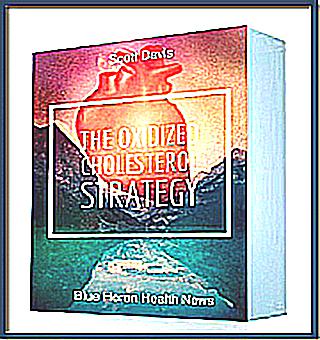Home >
Erectile Dysfunction >
Impotence after stroke
Impotence after stroke

In medicine, ischemic stroke means a disorder of cerebral circulation, which is accompanied by signs of neurological pathology. Statistics confirm that stroke is a common cause of recognition of disability in the working-age population over the age of 40. Functional brain damage has a high mortality rate. Approximately 30% of patients die within a month after suffering an ischemic stroke. Within a year after an acute cerebrovascular accident, more than 50% of patients will die. The disease negatively affects the state of potency, since a stroke entails life-threatening damage to the brain and nervous system. Knowledge of the causes of cerebrovascular accident and the use of preventive measures will allow patients to avoid loss of sexual desire and other serious complications.
Causes of cerebrovascular accidents
Among the negative factors that increase the risk of ischemic stroke, doctors call:
- atherosclerosis of the brain, when the arterial walls are abundantly covered with cholesterol deposits. In patients, there is a significant narrowing of the vascular lumen, a lack of blood supply to the brain. The risk of damage to atherosclerotic plaque increases, this process entails the release of cholesterol and thrombosis of the cerebral arteries;
- atrial fibrillation. Abnormal heart rhythm causes blood clots to move and blockage of an artery in the brain;
- vein thrombosis of the lower extremities. Individual blood clots can fragment and clog the vascular lumen;
- blood clots. A high clotting rate increases the likelihood of blood clots;
- sudden changes in blood pressure.
The risk group includes middle-aged patients suffering from excess weight, nicotine and alcohol addiction.
Symptoms of ischemic stroke
Signs of vascular disorder differ depending on the form of stroke. Typically, patients suffer from:
- systemic dizziness when balance is lost while standing, sitting and lying
- lack of coordination of movements and unsteadiness of gait
- paralysis, tremors and loss of sensitivity
< li>disorders of eyeball movements - speech and motor lesions
- disorders of higher nervous activity, in particular, loss of the ability to write, read
Impact of Stroke on Sexual Health
Severe ischemic stroke can cause spinal (cortico-spinal) impotence. Sexual disorder involves cases of sexual impotence caused by diseases of the brain and spinal genital centers. The disorder is characterized by exhaustion, decrease or complete loss of excitability. Depending on the nature of the sexual disorder, spinal impotence can take the following forms:
- increase in the excitability of the centers that affect erection and ejaculation
- increase in the activity of the ejaculatory and decrease in the excitability of the erection center
- lack of excitability of the ejaculatory center - spinal aspermatism
- decreased activity of both centers
Other complications after stroke
If an ischemic stroke is not fatal, then the patient suffers from:
- cognitive impairment (memory impairment, decreased concentration)
- complete or partial paralysis
- dysarthria, that is, speech disorders (slurred speech)
Prevention of ischemic stroke
To prevent the onset of acute circulatory disorders in the brain and maintain sexual health for a long time, patients are advised:



























